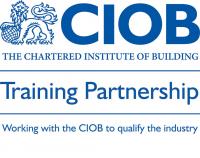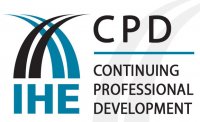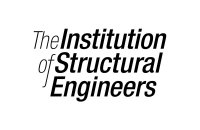
Overview:
Most people agree that sustainability is important to society and that its importance is increasing. But what actually is sustainable engineering? Although recognised as important, the term sustainability is so overused it can cause people to lose interest. The objective of this course is to review how engineering can support sustainable development and then provide background ideas and techniques to stimulate realistic and meaningful applications that can be applied by geotechnical engineers and engineering geologists.
Aims & Objectives:
Be aware of the range of background drivers and client/government aspirations to achieve sustainable infrastructure projects
The aims and objectives are to provide designers and client organisation with sufficient knowledge to:
- Define options available for sustainable applications
- Define objectives for desk studies, ground investigations and opportunity appraisals
- Understand what techniques are available.
- Be aware of standards and best practice documents available
- Review the regulations that exist
- Avoid pitfalls when addressing sustainable issues
- Establish how to find information relevant to sustainable applications in geo-engineering
- Apply the skills required to infrastructure projects
- Identify the benefits of sustainable design applications
- Explain the benefits to clients, regulators and decision makers
Course Outline:
Sustainability in Engineering
- Sustainable development issues
- How engineering can support sustainable development
- Different viewpoints of stakeholders:
- Owner
- Designer
- Constructor
- User
- Regulator
- Current trends
- Life cycle analysis
- Geotechnical engineering role
- Site selection
- Land quality
- Efficient use of resources
- Waste management
- Water management
Current Industry Applications & How to Demonstrate Sustainability
- BREEAM
- CEEQUAL
- SuRF UK
- Interactive discussion of issues, successes, what makes a difference?
Carbon Management
- Carbon reduction plan
- Carbon Review
- Background issues
- Tools
- Exercise
Efficient Use of Resources
- Materials management plans
- Reuse/recycling
- Waste minimisation
- Waste code of practice
Ground Source Energy
- Energy foundations
- Shallow groundwater closed loop systems and heat pumps
- Deep ground water-closed loop systems
- Aquifer thermal energy storage
Group Exercise
Round up
Mode of Delivery:
- Initial Assessment of participants
- Presentations
- Interactive Exercises
- Individual or Group Exercises
- Discussion
- Visual Aids e.g. short DVD/video, models, samples, etc
- Feedback Activity
- Final Assessment
Benefits of Attending:
- Awareness of the range of applications
- Confidence in the application to sustainable design
- Ability to define objectives
- Knowledge of background drivers and regulations
Intended For:
The course is intended for designers, contractors and client organists that procure, define, design and construct infrastructure projects.








